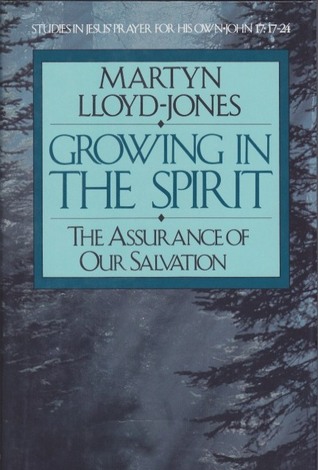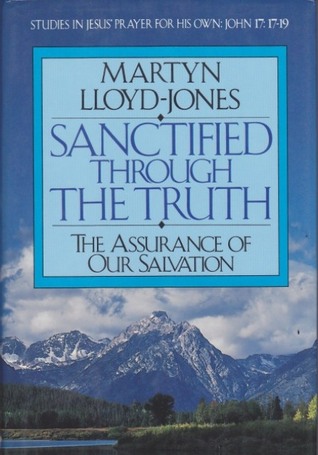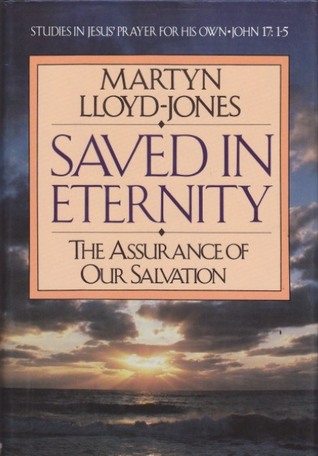Charles Spurgeon
1886
"And they truly were many priests, because they were not suffered to continue by reason of death: but this Man, because He continues forever, has an unchangeable priesthood. Therefore He is able to sa ve them to the uttermost who come to God by Him, seeing He lives forever to make intercession for them." Hebrews 7:23-25
This superiority of our Lord Jesus Christ is a topic which will not interest everybody. To many persons it will seem a piece of devotional rapture, if not an idle tale. Yet there will always be a remnant according to the election of Grace to whom this meditation will be inexpressibly sweet. Who are the people that will be interested in this theme? They are indicated in the text—they that come unto God by Jesus Christ. The people who are in the habit of using Christ as their way of access to God are those who will value Him beyond all price—and such persons will delight to hear Him extolled in the highest terms.
We will begin our discourse, then, by the enquiry—Do we come unto God by Jesus Christ? Listen and answer for yourselves. Do we come unto God at all? Do we recognize the Lord our God as a Person who should be approached? Are we now approaching Him? Are we among those who are always coming to God, to whom, at the last, the great Judge shall say, "You have been coming, continue to come. Come, you blessed of My Father, inherit the Kingdom prepared for you"? Or are we departing from God by forgetting Him, or rebelling against Him, so that we shall be among that number to whom the Judge shall say, "You have long been departing, continue to do so. Depart, you cursed, into everlasting fire in Hell, prepared for the devil and his angels"? Are we coming to God? That is the question. Is the direction of our lives towards God? We are either going to God or from God—and by this we may forecast our everlasting destiny. The direction in which the arrow is flying prophesies the target in which it will be fixed—the way the tree is leaning, that way foretells the place of its fall—and where the tree falls, there it will lie.
So let us judge ourselves this day! Which way are we drifting? Have we ever come to God by sincere repentance of our wanderings? Have we come to Him by faith and are we reconciled to Him? Do we come to Him in prayer? Do we come to Him day by day, speaking with Him and desiring to walk with Him? Do we come to God by communion with Him, having fellowship with the Father and with His Son, Jesus Christ? Do we, in fact, know the meaning of what it is to draw near to God? It is ill with us if we either have no God, or if He seems to be very far off, an almost unrecognizable phantom, an idea never fully realized, much less approached! Blessed are they that know the name of the Lord and that walk with Him, rejoicing in the light of His Countenance. It is to such that Jesus is precious as their way of access to the Father.
Faith in which Jesus is not the foundation of our hope is mere delusion! God cannot accept us if we will not accept His Son. O Sinner, God has opened one Door in Heaven—if you will not go in by that Door, you shall never enter within the walls of the New Jerusalem! God bids you come to Him by One in whom He is well pleased, but if you will not be pleased with Jesus, you can not come to the Father!
I love to read these words—"He ever lives to make intercession for them." This is the one great objective for which He lives. To make intercession for those that come unto God by Him is the business of His life. Is not this wonderful?
Yet here is the Lord Jesus declaring that He lives for us— for us He appears in the Presence of God! For us He has gone to the many mansions of the Father's house! For us He constantly intercedes with God! Oh, the deep debt of gratitude we owe to this glorious One who, having died for us, now lives for us!
He lived for us here below a whole lifetime! He laid down that life for us and now He lives again for us. I know not how to speak what I feel concerning the surpassing greatness of His love. He could not be content to give His life once for us, but He must take it again and shall give it over again for us! See how He loves us— He died for us! See how He loves us—He lives again for us! He lives for sinners, for He lives to intercede—and for whom is intercession but for those who need an advocate? "If any man sin we have an Advocate." May I say that Jesus lives two lives for us?
Yet more, it is said, "He ever lives to make intercession for us" so that the whole life of Christ throughout eternity— His boundless, endless, glorified Existence is still for His people! He glorifies the Father and makes glad the hosts of Heaven, but still this is the set purpose of His heart—to live for us. "He loved me and gave Himself for me" is true. But we may read it in the present tense if we like, for it is still true—"He loves me and He gives Himself for me." Christ loved His Church and gave Himself for it—and now He loves His Church and gives Himself to it! What inspiration lies in the endless life of Christ for us! Let our lives be lived wholly for Him since He lives wholly for us.
The Lord Jesus Christ, in His perpetual Priesthood, lives on purpose to be the Advocate, Defender, Patron, Mediator and Interposer for His people. You that come to God by Him will highly esteem this constant service rendered to you by your Lord. Whereas Christ, by His death, provided all that was necessary for your salvation, He, by His life, applies that provision which He made in His death. He lives on purpose to see brought home to you and enjoyed by you, all those blessed gifts and privileges which He purchased upon the Cross when He died in your place. Had He not lived for you, His death for you would have miscarried. He would then have begun the work and provided all the materials for its completion, but there would have been none to render those materials available and to complete the building whose foundation had been laid in so costly a manner.© Becky Laney of Operation Actually Read Bible
We are pardoned by the death of Christ, but we are justified by His Resurrection. We are saved because He died, but that salvation is brought home and secured to us because He sits at the right hand of God and continually makes intercession for us. I want you, today, to think as much of a living Christ as you have ever thought of a dead Christ. You have sat down at the foot of Calvary, your eyes suffused with tears, and you have said how delightful it is to behold His love written out in crimson characters in yonder streams of blood which His very heart pours out for our redemption! I want you, now, to sit at the foot of His Throne and, as far as your dim eyes will permit, behold His splendor and see how He spends His Glory-Life in perpetual intercession for you! He is as much ours on the Throne as on the tree. He is always living to apply to us with His own hands what He purchased by the nailing of those hands and the piercing of His heart upon the Cross of our redemption.









